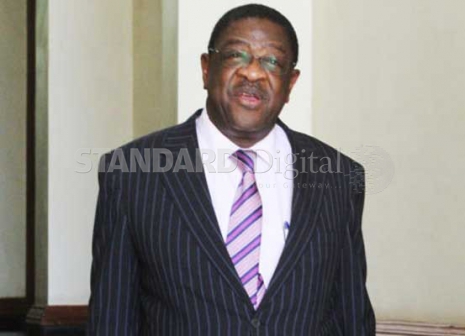×
The Standard e-Paper
Fearless, Trusted News

The Coalition for Reforms and Democracy (CORD) yesterday presented its case against electoral law amendments before Senate.
The Opposition tabled a minority report, in which it is, among other demands, seeking the re-establishment of the defunct Joint Parliamentary Select Committee (JPSC).